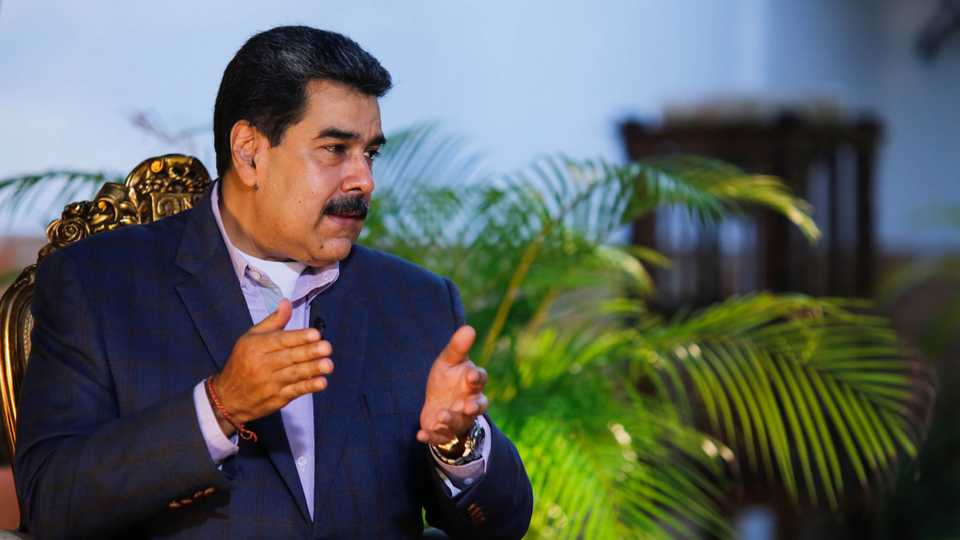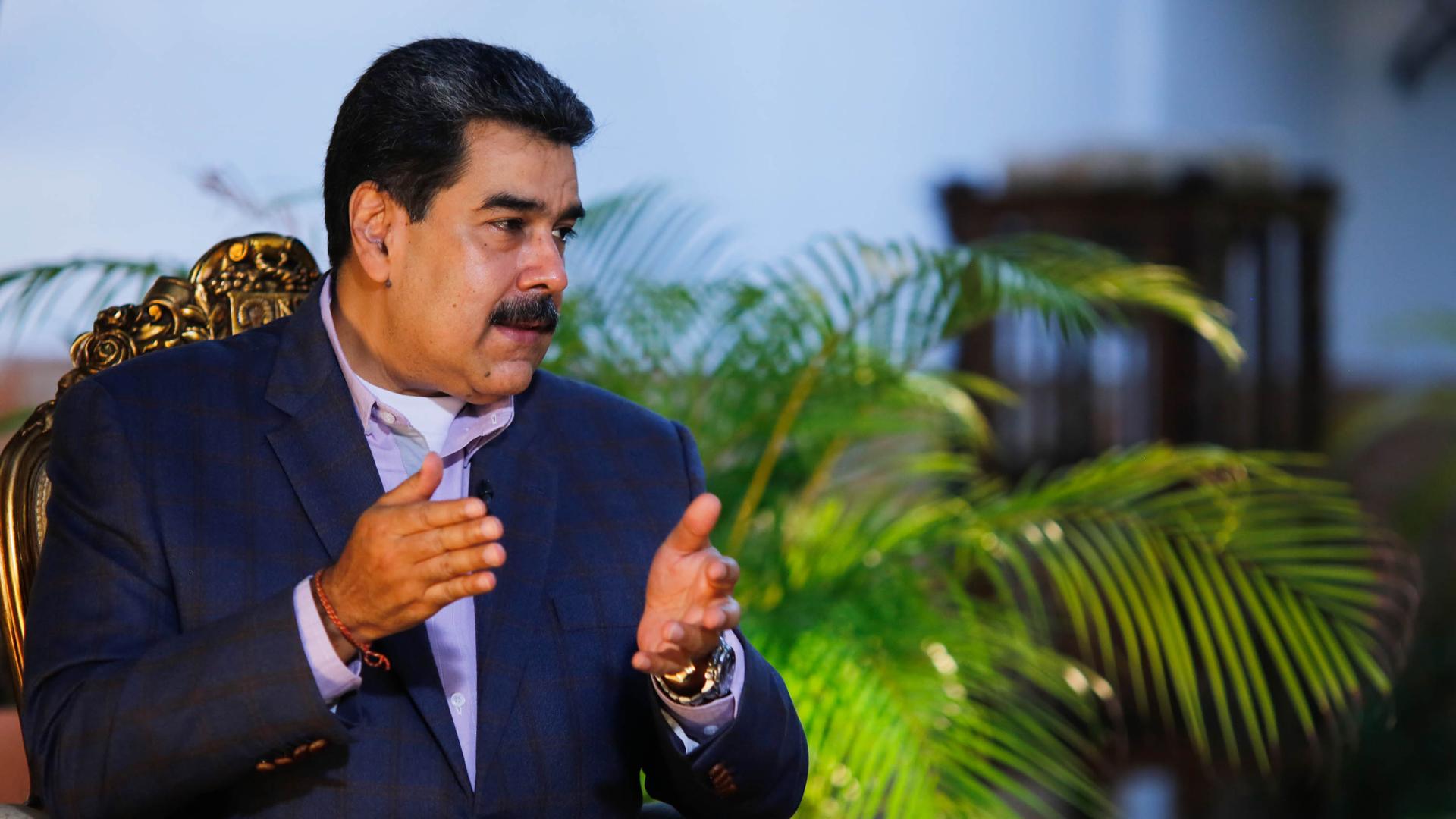
Venezuela President Nicolas Maduro has pardoned more than 100 lawmakers and associates of opposition leader Juan Guaido “in the interests of promoting national reconciliation.”
Guaido’s assistant Roberto Marrero and lawmakers Gilber Caro and Renzo Prieto were amongst the names read out by Communications Minister Jorge Rodriguez live on state television, on Monday.
“We hope that all of these measures taken by the Bolivarian government help maintain the democratic focus of all of these political actors,” Information Minister Rodriguez said in a press conference.
The effort signals that the ruling Socialist Party is seeking to boost participation in December parliamentary elections, which part of the opposition had vowed to boycott on the grounds that it is rigged.
READ MORE: Office of Venezuela’s Guaido raided during his trip abroad
Political prisoners free
Rights groups have harshly criticised Venezuela’s government for arbitrarily jailing adversaries, often on charges made with little or no evidence and in violation of basic due process and parliamentary immunity of legislators.
Maduro’s government has in the past released small groups of jailed opposition leaders, but those releases have typically been followed by more such arrests.
The government denies holding political prisoners and says such accusations are part of US-backed efforts to tarnish its image.
US preparing tighter oil sanctions
The US President Donald Trump has ramped up sanctions on Venezuela’s state-run PDVSA, its key foreign partners and customers since it first imposed measures against the company in early 2019, seeking to oust the left-leaning President Maduro after a 2018 re-election considered a sham by most Western nations.
A top US envoy for the country told Reuters news agency on Monday that the Trump administration is looking to tighten oil sanctions on Venezuela in the near future, by potentially removing exemptions that allow some oil companies to exchange Venezuelan crude for fuel from the OPEC member.
The sanctions have already deprived PDVSA of most of its long-term oil customers, reducing oil exports to below 400,000 barrels per day, their lowest level in almost 80 years.
A handful of European and Asian customers have continued taking Venezuelan oil under specific authorisations granted since last year by the US Treasury for transactions that do not involve cash payments to Maduro’s administration, but rather exchanges of Venezuela oil for diesel.
Some Venezuelan opposition activists and economists have raised alarms about the potential humanitarian impact of a cutoff of diesel swaps, given that the fuel is used to transport food and run electricity generators.
READ MORE: Iran to retaliate over any US ‘trouble’ for Venezuela-bound tankers










Discussion about this post